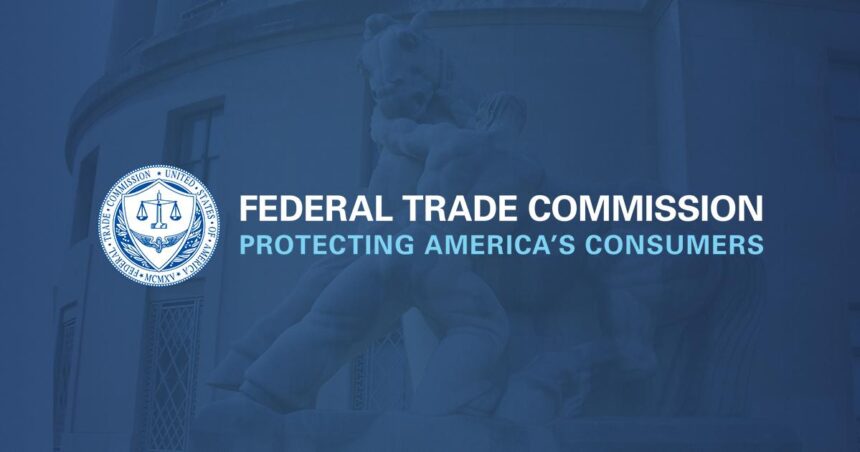The people who pitched business opportunities under the brand name Ganadores – “winners” in Spanish – promised to teach consumers an “infallible system” for making big money. But according to the FTC, the Florida-based defendants bilked Spanish-speaking consumers out of millions of dollars. The complaint, which alleges violations of the FTC Act, the Business Opportunity Rule, the Cooling Off Rule, and the Consumer Review Fairness Act, outlines some particularly troubling sales tactics. For example, while advertising and conducting their “seminars” in Spanish, many of the key documents – including the purchase agreement that outlined the cancellation policy – were often in English.
According to the complaint, the defendants designed their pitch as a classic “sales funnel.” They began with ads in social media platforms like Facebook, Instagram, and YouTube, luring consumers to a two-hour “free seminar” often at a local hotel. Once prospects were in the room, the FTC says the defendants began a high-pressure campaign to sell them three-day workshops for between $197 and $600. According to the complaint, people who attended the workshops were then subjected to amped-up hard sell tactics, promoting “mentoring” packages that cost nearly $29,000.
What did the defendants promise consumers? Ganadores’ representatives said they would teach attendees everything from “A to Z” about making money in real estate or operating an online store. In fact, the Ganadores sales funnel focused on funneling money away from attendees and into the pockets of the Ganadores companies and individuals behind the scheme.
Usually addressing their predominantly Spanish-speaking audience in Spanish, Ganadores’ representatives said their programs would offer attendees the opportunity for “financial freedom.” Using testimonials from “experts” and purported “students,” the defendants made specific dollars-and-cents claims. For example, attendees at their real estate events were told they could expect an annual income of $100,000 to $112,500. At their online commerce seminars, the defendants said consumers could realize $30,000 a month in sales with $10,000 a month in profit by running a store on Amazon – and that Amazon would provide Ganadores attendees with access to customers.
If consumers attended the seminar but didn’t buy anything, the FTC says the defendants revved up the pitch. According to the complaint, in an effort to get them to pay for the three-day workshop, Ganadores has had salespeople call them and falsely pose as satisfied customers.
Once people shelled out cash for the three-day event, Ganadores kept the pressure on for them to pay for pricy “mentoring.” Some consumers were told that by buying a mentoring package, Ganadores would pair them with experts who would guide them “by the hand” so there would be “no way to lose.” The FTC says representatives also told attendees that if they bought the VIP package for between $27,000 and $29,000, Ganadores would help them find 100% financing for their real estate deals.
According to the complaint, the defendants asked attendees for detailed financial information supposedly to determine if they qualified for a “selective” mentoring package. What were the defendants really up to? The FTC says it was a trick to determine which prospects to target.
When people balked at the thousands more they’d have to shell out, the defendants told them that mentoring packages were available only for specially selected attendees and that the Ganadores “coaches” saw particular potential in them for success. According to the complaint, some of the defendants’ representatives urged attendees to liquidate their retirement accounts to come up with the cash. In addition, attendees were told to sign up for multiple credit cards, raise their credit limits “to the max,” and “float the debts” from one card to the others. The FTC alleges that in the some instances, if people weren’t fluent English speakers, “Ganadores representatives have gotten on the phone with the consumers’ credit card companies, pretending to be the consumers, in an effort to increase credit limits.”
Not surprisingly, after becoming dissatisfied with Ganadores’ empty promises, customers asked for refunds – requests the FTC says the defendants rebuffed, citing terms of the cancellation policy the defendants often included in English. According to the complaint, people who succeeded in getting some money back often had to sign a standard form agreement that prohibited them from communicating with others about their experience with Ganadores:
Likewise, the signer hereby certifies that he will not initiate any defamation of “Ganadores Inversiones Bienes Raices (Vision Online, Inc.)” by any social, electronic, or personal means. If so, this action will constitute legal action by The Company for breach of this, in which payment for damages caused and payment for legal costs incurred will be required.
The FTC says Ganadores threatened a number of consumers with legal action if they spoke up about their experience with the company.
You’ll want to read the complaint for the ways the FTC says the defendants broke the law, but it boils down to this. They allegedly violated the FTC Act by making false or unsubstantiated earnings claims, by misrepresenting the nature of their workshops and the benefits of their mentoring programs, by obtaining consumers’ financial information through deception, and by using deceptive reviews and endorsements. In addition, the complaint charges that providing consumers with sale-related documents in a language in which consumers aren’t fluent is an unfair practice, in violation of the FTC Act. The FTC also alleges the defendants violated numerous provisions of the Business Opportunity Rule and the Cooling Off Rule. What’s more, the lawsuit charges that Ganadores’ gag clauses violated the Consumer Review Fairness Act.
Do Ganadores’ tactics sound familiar? That shouldn’t come as a surprise. The FTC says that individual defendants Richard Alvarez, Robert Shemin, and Bryce Chamberlain previously worked for Zurixx, a similar scheme the FTC sued in 2019. What’s more, Richard Alvarez and Sara Alvarez also took part in FBA Stores, another operation sued by the FTC in 2018.
A federal court has entered a temporary restraining order in the case, but even at this early stage, it’s a reminder that the protections of the FTC Act apply regardless of the language the defendants use to pitch their products or services. Help members of your community by sharing FTC consumer education resources, available in English, Spanish, and 11 other languages.










